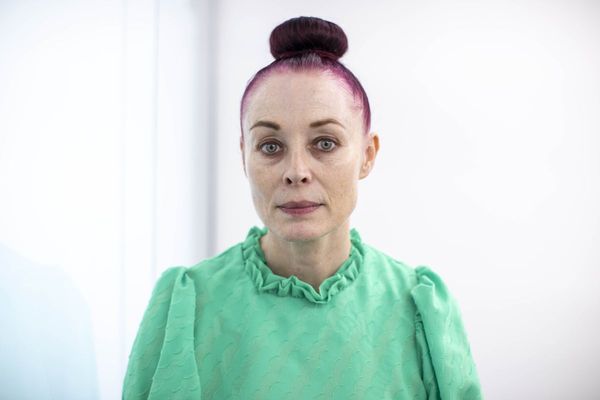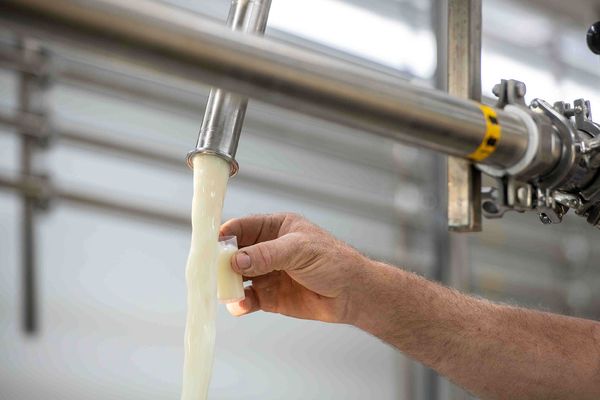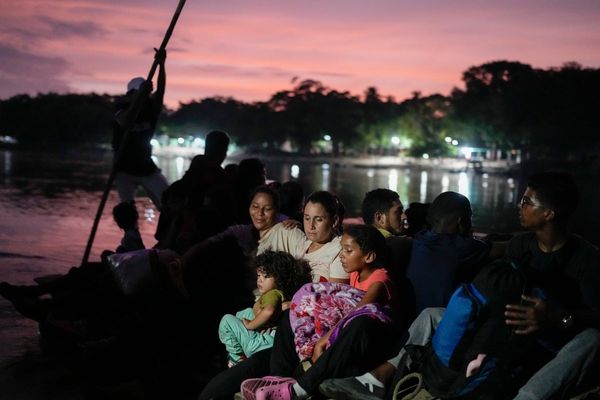
Embodied, Inc. has introduced Moxie, an artificial intelligence-powered robot designed to serve as a companion for kids aged five to ten. This robot is the vision of Paolo Pirjanian, PhD, the CEO, and Founder of Embodied. With a background in designing robots for space exploration, Pirjanian shifted his focus to helping children overcome social anxiety and loneliness on Earth.
Moxie is equipped with emotional intelligence and uses AI to engage in conversations that enhance problem-solving, critical thinking, emotional intelligence, and physical activity. Interacting with Moxie can feel surprisingly lifelike, as the robot is programmed to respond to voice commands and gestures, making eye contact, and detecting facial expressions and tone of voice.
While Moxie can facilitate educational experiences and offer cognitive behavioral therapy techniques, it is not intended to replace the role of parents in a child's life. Moxie aims to support children in their social and emotional development, providing a safe and non-judgmental space for them to express themselves.
To ensure the trust and safety of children interacting with Moxie, the robot does not share confidential information or use conversation topics that are deemed inappropriate by parents. Moreover, Moxie is programmed to redirect conversations that touch on controversial subjects, maintaining a positive and constructive dialogue with the child.
Embodied continues to enhance Moxie's capabilities based on feedback from beta testers, aiming to make the robot smarter and more compassionate. Recent updates include customization features such as changing eye and skin color, the ability to interact with multiple children, and a mobile app for digital interactions when not physically with Moxie.
As technology advances and robots like Moxie become more sophisticated, the potential for AI to support children's emotional and educational development is expanding. With a blend of innovation and empathy, Moxie represents a step towards creating interactive companions that can positively impact children's lives in meaningful ways.







